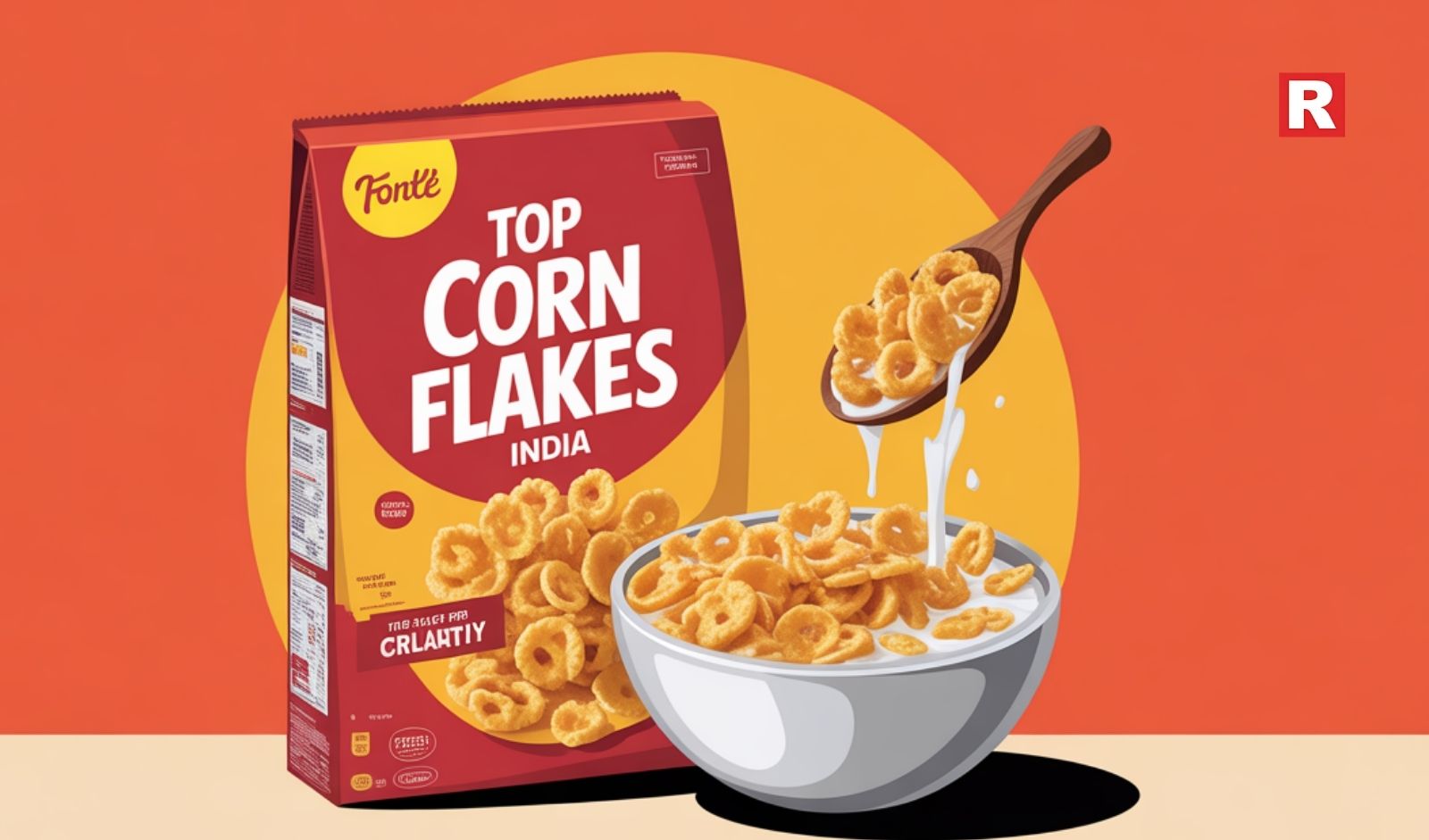
In an e-mail interview with Sanjay Agrawal, Founder, Partner and Executive chef at Salad Chef, he talked about the significance of incorporating seasonal produce to the menus in order to make it more sustainable and suitable for the environment.
Restaurant India: According to you what are the cuisines that are in trend now?
Chef: Foreign cuisines like eastern, Japanese and Malaysian are in trend because people are travelling. They are travelling for various reasons whether it is business or leisure. The other thing that is in trend now is modern cuisine. It means sometimes it is fusion or the way it has been presented on the table. No-a-days I see people plating Indian cuisine in an international way.
Restaurant India: It’s interesting that I was talking to various chefs and they agreed on the fact that regional cuisine is in trend now. However, we also see a lot of regional cuisines being ignored? Why?
Chef: No I don’t think it is not being ignored. Previously, the communication was very low and there were no media but now everyone knows about everything through the internet. People are now travelling and coming across various cuisines. For example: people from Assam are opening their restaurants in metro cities. Firstly, it is bringing them money and secondly they do not feel homesick. Even if they are not earning much, they are doing it for passion. People from across the country are coming to metro cities to find work and even IT and marketing people have started restaurants because they find that this can do well now. Because of this reason the cuisines have mingled. I believe going forward we will soon see Indian cuisine as a consolidated version of different cuisines that this country has.
Restaurant India: How sustainable is our menu today? What strategies should one involve to make a sustainable menu?
Chef: I think it starts with zero waste in the business. First we have to make our business sustainable. I always look at the dustbins of my kitchen to see what is being thrown in it. Sustainable food is not only good for us but for all who are involved in the process. From producer to consumer, everybody will be benefited from it.
Also, Local and seasonal food is sustainable. I suggest chefs my fraternity to introduce more and more seasonal products. I find most of the menus filled with paneer but I don’t see any dish made from ghia or loki. Nobody has invented anything further on it. At salad chef we use Red and green amaranth leaves and fenugreek leaves as an additions to salads. We also use mustard leaves in the season. Rocket and mustard leaves have a similar flavor because of the pungency. We substitute them with each other. If we create demand for dishes made from local produce then farmers will also benefit.
I should also talk about the price crash, where a farmer or producer does not even get a price of the produce to harvest it. Leave the rest of the things behind. Hence they leave it and let it get rotten. If we grow anything unseasonal, it will need an artificial environment. So growing seasonal is sustainable. Many chefs I know are making dynamic menus. One team is always working on the seasonal menu.
More plant based food should be encouraged because meat is a source of big carbon footprint and release more methane to the environment. If you cut down the meat dishes in the menu, the menu will be more sustainable.

Executive Chef, Four Points by Sheraton New Delhi May 26, 2025 / 7 MIN READ
As the global hospitality industry continues to grow, its environmental footprint becomes increasingly significant. Among the many sustainability challenges hotels face, the excessive use of single-use plastics in food service is one of the most pressing. From plastic cutlery and straws to condiment packets and cling film, these items contribute substantially to pollution and landfill overflow. However, with mindful strategies, hotels can pivot toward greener food service operations that benefit both the planet and their bottom line.
Why Reducing Single-Use Plastics Matters
Single-use plastics, designed for convenience, often end up in oceans, rivers, and landfills, where they take centuries to decompose. These plastics harm marine life, pollute ecosystems, and contribute to greenhouse gas emissions during production and disposal. For hotels, which serve thousands of meals annually, even small changes can have a major cumulative impact.
Furthermore, an increasing number of travelers are prioritizing sustainability. A 2023 report by Booking.com revealed that 76% of travelers want to travel more sustainably. By reducing single-use plastics, hotels not only demonstrate environmental stewardship but also align with consumer expectations.
Practical Steps Hotels Can Take Transition to Reusables
The most impactful solution is often the simplest: replace disposable items with reusable alternatives. Stainless steel cutlery, ceramic dishware, and glassware eliminate the need for plastic forks, spoons, and cups. For in-room dining or buffets, hotels can provide washable trays, plates, and utensils.
Although the initial investment may be higher, the long-term savings on disposable purchases and waste disposal make it economically viable. Moreover, reusables elevate the guest experience, reinforcing a sense of quality and responsibility.
Switch to Compostable or Biodegradable Options
Where reusables aren’t feasible—such as in takeaway services or for outdoor events—hotels can use compostable alternatives made from cornstarch, bamboo, or bagasse (sugarcane fiber). These materials break down much faster than traditional plastics and are less harmful to the environment.
It is important, however, to ensure that these items are actually composted. Hotels should collaborate with local composting facilities and clearly label bins for guests and staff to encourage proper disposal.
Eliminate Plastic Bottles and Straws
One of the most visible forms of plastic waste is the ubiquitous water bottle. Hotels can install filtered water dispensers in common areas and offer refillable glass bottles in rooms and restaurants. Many properties have also opted to provide reusable aluminum bottles as welcome gifts, reinforcing sustainability values.
Similarly, straws—often used once for mere minutes—can be eliminated altogether or replaced with paper, metal, or even pasta-based alternatives.
Rethink Packaging and Condiments
Small sachets of ketchup, butter, and sugar may seem convenient, but they generate immense plastic waste. Hotels can replace these with bulk dispensers or serve condiments in small reusable ramekins. For packaged snacks or minibar items, sourcing from suppliers that use biodegradable packaging can make a significant difference.
Engage Suppliers and Vendors
Hotels must work closely with their food suppliers to reduce packaging at the source. Opting for bulk purchases, reusable delivery containers, and minimal-waste supply chains helps reduce plastic before it even enters the property.
Suppliers can also be encouraged to shift to eco-friendly alternatives through sustainability clauses in vendor agreements.
Educate Staff and Guests
No green initiative succeeds without awareness. Staff should be trained on the importance of reducing plastic and the procedures for handling compostables and recyclables. Similarly, signage can guide guests on proper disposal and promote the hotel’s sustainability efforts. Offering behind-the-scenes tours, sustainability briefings, or even eco-themed dining experiences can further engage guests and turn them into brand ambassadors.
Monitor, Measure, and Communicate
Hotels should regularly audit their plastic usage and set measurable goals for reduction. Sustainability efforts, when transparently reported, enhance a brand’s credibility and attract eco-conscious travelers. Annual sustainability reports, social media updates, and third-party certifications like EarthCheck or Green Key can showcase these achievements.
Reducing single-use plastics in hotel food service is no longer optional—it’s a strategic imperative. By embracing reusable items, sustainable alternatives, and responsible sourcing, hotels can make meaningful environmental contributions while appealing to a growing demographic of eco-aware travelers.
The path to greener plates is paved with innovation, collaboration, and commitment. And with every plastic fork replaced or bottle refilled, hotels take one step closer to a cleaner, more sustainable future.
Copyright © 2009 - 2025 Restaurant India.










